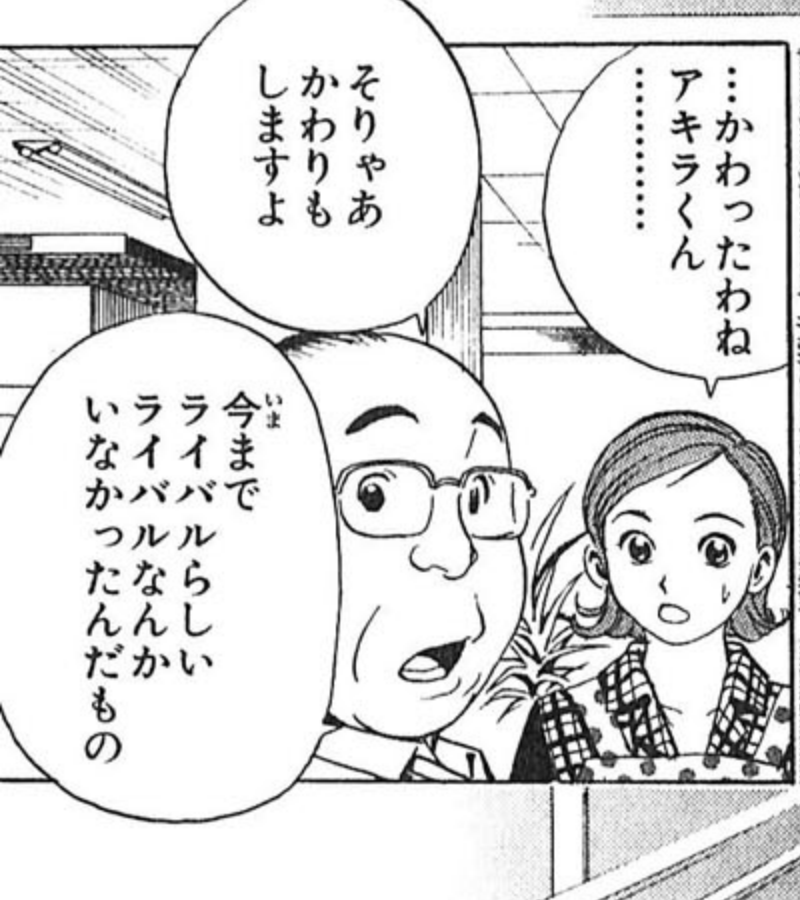I usually do not ask a question here unless after trying multiple times I am still stumped and admit defeat.
I understand that かわりもしない would mean "has not changed even a single bit" putting emphasize on the verb as part of the negative, but I do not know the meaning of this も in a positive.
For now I tentatively understand かわりもします here to mean either "he has definitely changed" (ie, emphasis) or "he has changed, among other things" (meaning of 'also' implying other things in addition) but I don't know which or if it's something else altogether.

